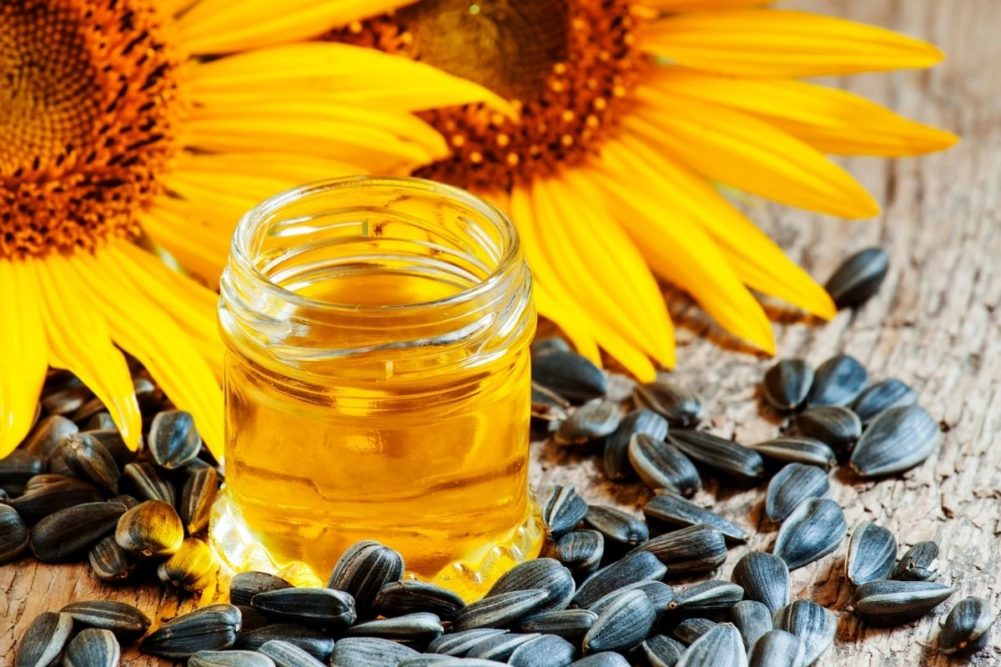SOFIA, BULGARIA — Bulgaria’s oilseed production in 2023-24 is expected to hold steady as average yields are expected for rapeseed and sunflower, according to a report from the US Department of Agriculture’s Foreign Agricultural Service (FAS).
Production is estimated at 2.48 million tonnes, virtually unchanged from the 2.45 million tonnes of production estimated for 2022-23.
An unusually rainy and cooler spring led to favorable growing conditions but hampered sunflower planting and caused higher pest and disease pressure, FAS said.
Sunflower production is estimated at 2.2 million tonnes, up from 2.15 million tonnes in 2022-23. Rapeseed production is estimated at 275,000 tonnes, down from 299,000 tonnes a year earlier.
Bulgaria was the top EU importer of sunflower seeds from Ukraine in 2022-23, with a 38% share in total EU imports, FAS said.
“However, sunflower imports from Ukraine were banned in Bulgaria and four more Eastern European countries since May, as the ban will be in place until Sept. 15,” FAS said. “This is expected to negatively impact crush as well as dehulling seeds industry for the remaining of the market year.”
FAS said the growth in crush has already slowed down and the earlier growth in dehulling volume has turned into a decline of 7%, FAS said.
“Despite market and farmers’ talk about significant stocks, accelerating exports, ban on imports, and still active crush, have resulted in 8 percent lower stocks at the end of May this year compared to a year ago,” it said.
Rapeseed imports grew 86% as of June 16 to 96,000 tonnes from 52,000 tonnes in the previous season.
Crush has been impacted by lower supplies, with crush use 40% lower than the previous season.
“Accelerated imports and depressed crush led to accumulation of more stocks,” FAS said.
At the end of May, ending stocks were 54,000 tonnes, more than double a year ago.
Bulgaria is a net importer of soybean products due to limited crush capacity and very small local production. Soybean meal imports dropped 22% due to challenges of the domestic poultry, livestock and dairy industries, FAS said.
Soybean oil imports dropped by almost half due to higher import prices.




